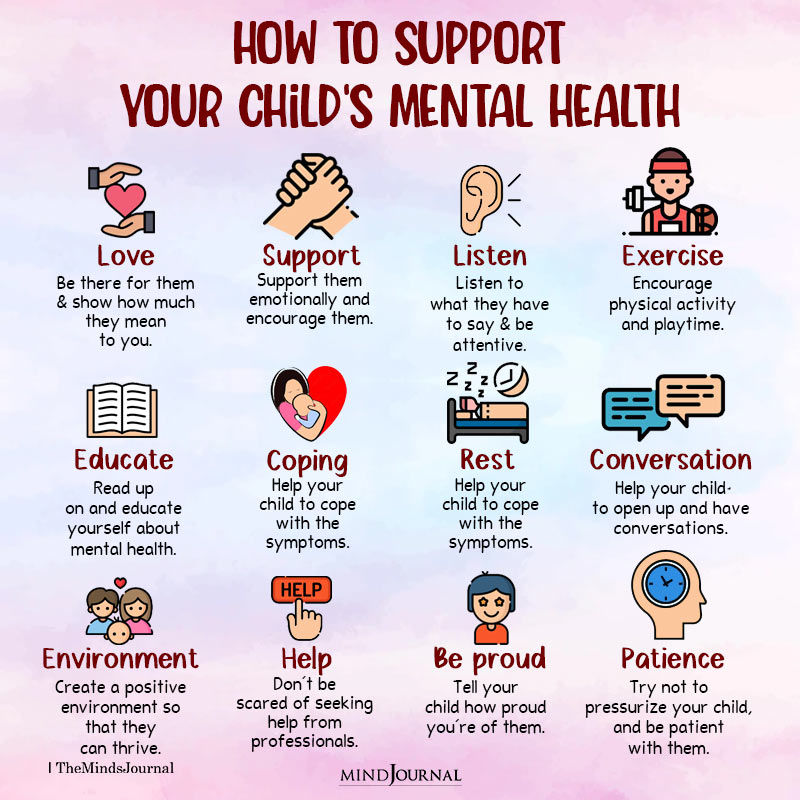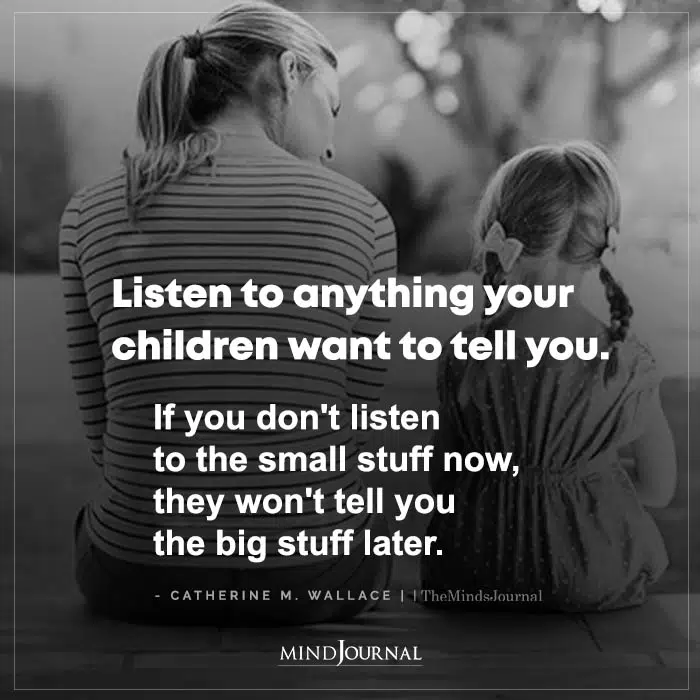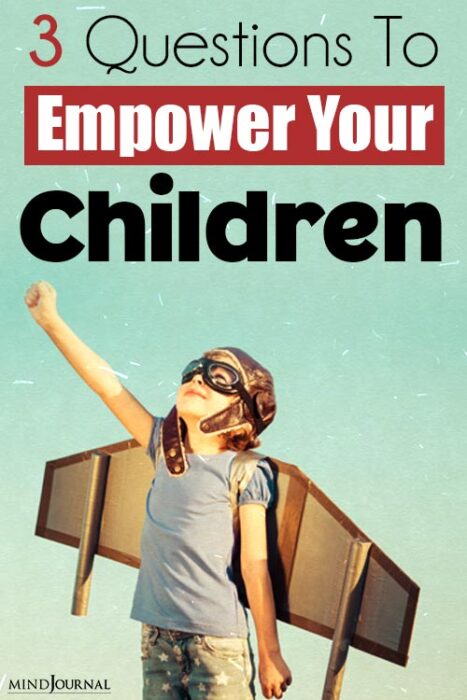If you are thinking how to empower your children, then you’ve come to the right place. When it comes to their experiences at school or life in general, these 3 questions to empower your children can be really helpful. Let’s find out how to empower your children, and which questions to ask.
KEY POINTS
- It takes away children’s power to tell them what to do or to belittle their challenges.
- Asking them questions activates their inner power.
- Ask, “What have you tried? How did it work? What else can you try?”
What’s the first thing you do when your child tells you about a problem? No one likes me; the teacher was mean to me; so-and-so shoved me; I failed a test….
Do you rush to tell your child what to do? Tell them they don’t really have a problem? Or tell them that it’s probably their fault? You have lots of friends; don’t take it personally; punch the kid back; walk away; tell your teacher; study harder….
Do your children take your great advice, run off to put it into action, then rush home to thank you? I didn’t think so. Ungrateful brats!
Related: How Parents Can Empower Their Daughters: 3 Keys To Self Empowerment
No, they aren’t ungrateful, and they aren’t being know-it-alls who reject your wisdom. They just can’t use your solutions, because they are yours. The best ideas come from within. And children certainly can’t use belittling or blaming to help them find a good path.
Instead of giving advice, you can ask three empowering questions.

3 Questions To Empower Your Children
These questions help children find their own solutions and find the power to put them into action.
1. What have you tried?
This question is empowering because children often feel helpless in the face of a problem. But just because they haven’t found a great solution doesn’t mean they haven’t made an effort.
And effort should always be celebrated. This question also keeps you from suggesting things that they have already tried.
Example: My former best friend started being mean to me. I tried ignoring her, I tried being extra nice, and I tried getting the other kids to be mean to her.

2. How did it work?
This question activates self-reflection. Finding an answer requires children to consider the impact of their actions without blaming or lecturing.
They may recognize that they actually had a good idea, but it just didn’t work perfectly. Or they might realize that their idea backfired, and it may be wise not to keep doing it.
A common answer to “What have you tried?” is “Nothing.” That’s OK. Still ask how it worked. Doing nothing is actually a strategy, and in some situations, it is the best strategy.
Example: Ignoring her and being nice to her made it worse. Getting the other kids to get her back got me into big trouble with the teacher. It isn’t fair!
Related: How To Help A Child With Stressful Experiences
3. What can you try next?
The last question empowers children to think creatively. It’s rare, of course, that the three questions will result instantly in a perfect idea. In fact, the most common answer to this question is, “I don’t know.”
That puts parents right back where they started, eager to provide the solution. But hold your horses! Even if your child asks you what to do, resist that urge.
You might give a silly answer, such as, “Call on the aliens to send their spaceships to carry the bullies away!” (But only do this if the child is open to humor and won’t feel belittled or teased by such a joke.)
The reason I like to give a ridiculous idea is that it allows the child to say, “That won’t work,” which they are dying to say about your ideas, no matter how good they are. Then you can say, “Oh, I guess that is kind of unrealistic. Do you have any ideas?”
One reason children are reluctant to give their ideas is they have had their ideas dismissed or discounted so often. So be sure you are really ready to listen, not waiting to tell them, “That won’t work.”
Example: I guess I could try ignoring her again. When I tried it before I didn’t give it much time because she just made me so mad. But I think I could ignore her better now. And there’s this new girl in school who I think could be a good friend.

Roleplay
Sometimes it helps to play out an idea in fantasy before trying it out for real. This kind of test drive can help a child see that a good idea might work, or see that a rotten idea might not work.
Be sure not to push too hard in shaping the results of the roleplay. Let the drama unfold naturally, and the child will develop a deeper understanding of the problem and possible solutions.
Example: Parent says, “Do you want to act it out? I’ll be the ex-friend. Oh, look at her. I can’t believe I used to be her friend—ugh.” Parent exaggerates to make it a bit lighter, and makes sure it isn’t hitting too close to home.
Child walks by with chin up, confidently. Parent sticks out her tongue, child laughs, and they wrestle, giggling. Then parent says, “I’ll be the new girl. Hey, you look very nice, would you like to be my friend?”
Related: 49 Phrases To Calm An Anxious Child
Oh, the Irony
Yes, I recognize that I am giving you advice not to give advice! Let’s start over. When your child comes to you with a problem, or you discover a problem they’ve been hiding, what have you tried? How did it work? What might you try next?
Sign up for Lawrence J. Cohen’s newsletter by emailing “subscribe” to [email protected].
Written By Lawrence J. Cohen Originally Appeared On Psychology Today









Leave a Reply
You must be logged in to post a comment.